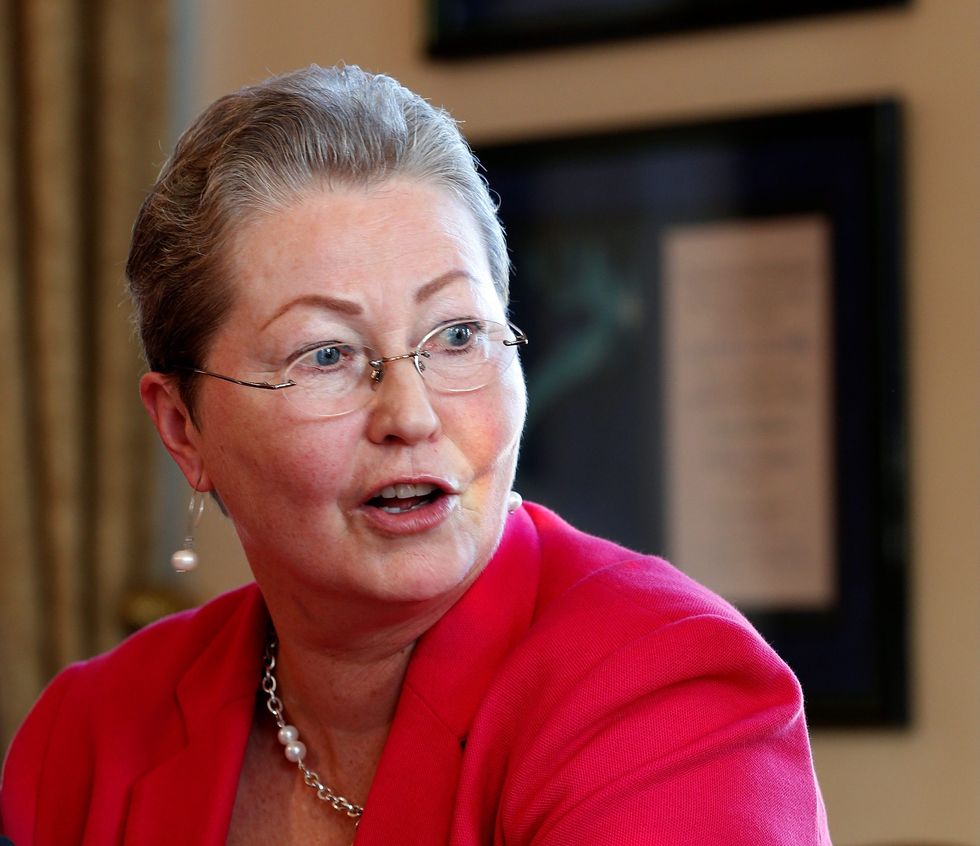
Tunisia shows dialogue with Islamists 'possible': Nobel panel head
OSLO: Tunisia's democratic transition guided by a coalition of civil society groups that won Friday's Nobel Peace Prize proves that political compromise between secular and Islamist groups can result in meaningful democracy the committee head said.
Speaking to AFP in an interview shortly after the announcement Kaci Kullmann Five head of the five-member prize committee also said the award was intended to encourage Tunisia in the face of rising jihadist threats.
Here are excerpts from the interview:
Why reward Tunisian civil society?
"We have decided to award the prize to Tunisia's National Dialogue Quartet because they specifically have made decisive contributions to the building of a pluralistic democracy in Tunisia.
"It was at the moment when the democratisation process was in danger of collapsing completely that these four organisations formed the quartet (and) acted as one with all their moral authority to safeguard and push forward the development.
"We of course hope that it will inspire those who seek to further peaceful positive democratic developments either in the North African region the Middle East or the rest of the world."
Are you satisfied with the situation now?
"Tunisia... faces significant political challenges when it comes to the political arena the economic arena and the security side. That's why it's so important and so timely right now to put the limelight on what has been achieved in Tunisia as opposed to many other countries and to try to inspire and help to safeguard those positive results.
"It is important for people to feel that they take part in a society that develops in a positive direction."
Should there be dialogue with all political forces even extremists?
"What we have seen in Tunisia is that parties declaring themselves Islamists have managed to sit down put aside some of the things they wanted to have for instance in the constitution listening to others agreeing with others (and) finding a consensus that has ended up by assuring the fundamental rights of everybody in Tunisia including women (and independently of) political opinions or religious beliefs.
"This has been a very very important result that we think is an example. It is possible to do it. But you need to want to do this and to see that it is in the best interest of your own country and your own people.
"It is possible it has been done and it can be done again if the people forming different political movements -- either Islamists or secular -- want to cooperate in the best interest of their people.
"Going to war is not in the best interest of the people. Denying them democracy denying them fundamental rights creates refugees instead of inhabitants who want to support their own country and foster positive development."
AFP

Legal Disclaimer:
MENAFN provides the
information “as is” without warranty of any kind. We do not accept
any responsibility or liability for the accuracy, content, images,
videos, licenses, completeness, legality, or reliability of the information
contained in this article. If you have any complaints or copyright
issues related to this article, kindly contact the provider above.


















Comments
No comment